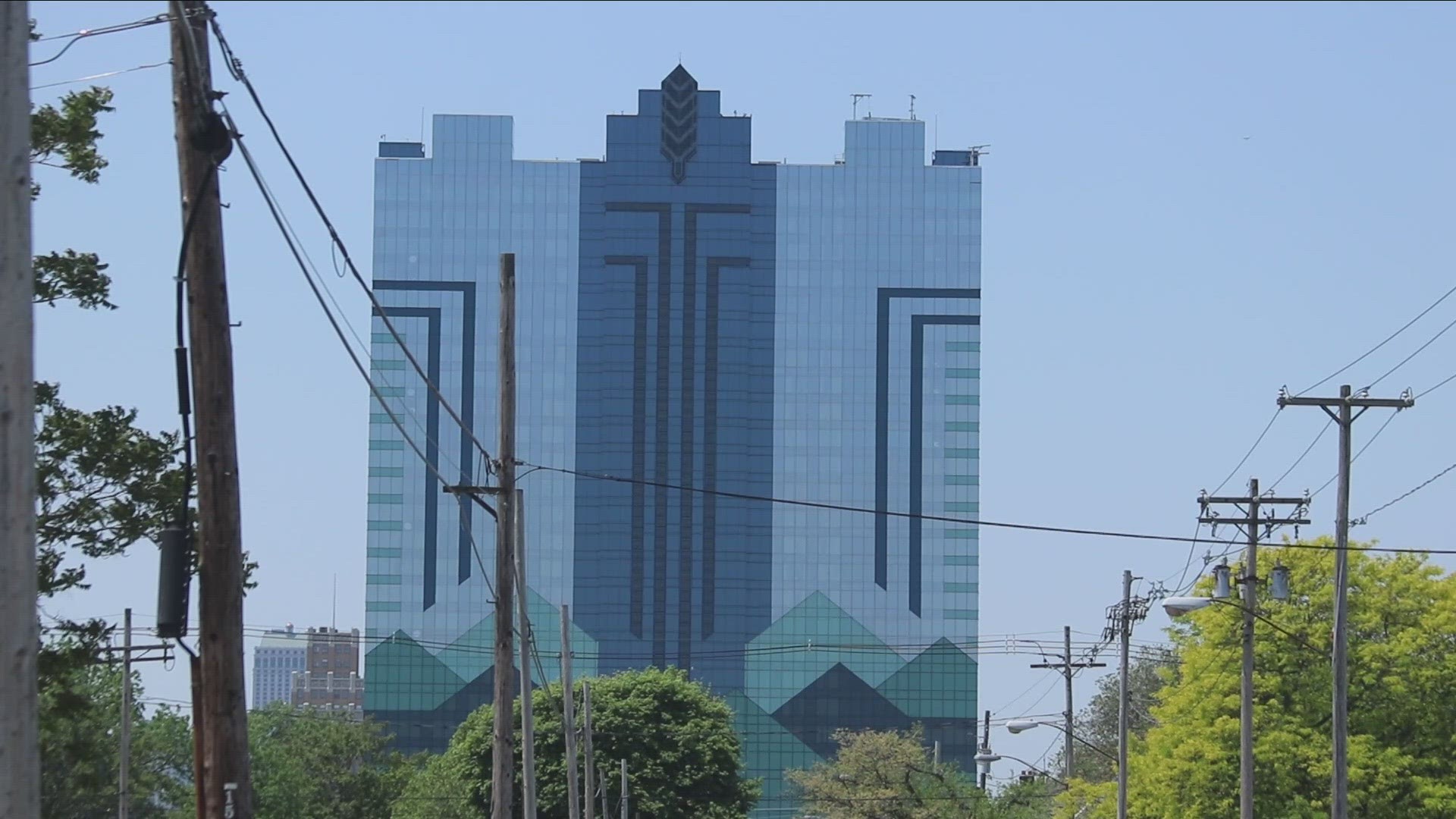ALBANY, N.Y. — Despite a Senate version of the bill being passed by a vast majority, only one senator voted in the negative, the NYS Assembly did not even debate a gaming compact authorization bill before adjourning Saturday night.
The bill, sponsored by Majority Leader Crystal Peoples-Stokes (D), gives Gov. Kathy Hochul authorization to enter into a new gaming compact agreement with the Seneca Nation.
The current deal expires on Dec. 9.
The Seneca Nation announced a preliminary agreement with the state on June 7. However, neither the state or the Seneca Nation released any details of the deal to the public.
Multiple sources within the legislature have told 2 On Your Side that one of the issues that may be holding up the Assembly version of the bill is a provision in the compact deal that would allow the Seneca Nation to build a casino in Monroe County.
The Governor's Office did not answer any questions about a potential casino in Monroe County when 2 On Your Side reached out Sunday afternoon.
NYS Senator Jeremy Cooney was the lone "no" vote on the Senate version of the authorization bill. In a statement to 2 On Your Side, the senator explained his vote:
"As the chair of the Senate Committee on Contracts and Procurement, transparency and public accountability are values I will not compromise on.
I have concerns with the announced deal between New York State and the Seneca Nation. As a state senator, I did not feel comfortable voting in favor of legislation that removes state lawmakers from their oversight responsibilities and limits input from the public. I voted no.
Before a state compact is made with the Seneca Nation, I believe there needs to be an opportunity for public comment and demonstrated partnership with local governments, including the City of Rochester."
The current compact agreement has generated a little more than $2B in revenue for New York State. 25% of that revenue has trickled down to the host cities of Seneca casinos. Those host cities are Buffalo, Niagara Falls, and Salamanca.
Recently, 2 On Your Side looked at the development outside the casino walls in Niagara Falls. While the Seneca Nation employs 1,500 people at their Niagara territory facility, the promise of thousands of jobs and millions in new development never came to fruition like Albany lawmakers promised in 2001.
One of the criticisms of the first gaming compact was that host cities and local governments are shut out of the negotiating process.
"I recognize that the state has a critical place at the table," Niagara Falls Mayor Rob Restaino said. "But I would like to think to that local government, also as a critical place, so while I wouldn't want to cut out state engagement, I just think that it needs to be leveled with local government engagement."
According to a legislative source, the Assembly could be brought back by June 20 to vote on the gaming compact bill.

